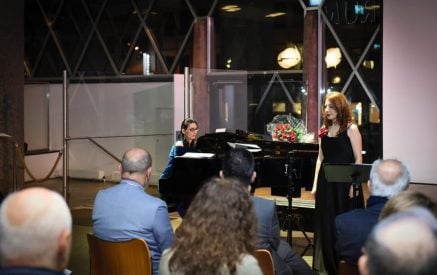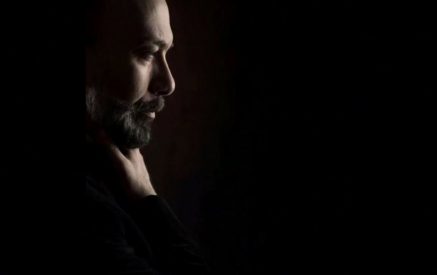Recently, I was passing by my alma mater, the Komitas State Conservatory of Yerevan, and I saw a huge poster with “100” written on it. Next year, my university will be 100 years old. Romanos Melikyan was among the devotees who came to the homeland at the invitation of the Armenian government in 1921, who from the beginning founded a music studio, and two years later, a conservatory. One can only imagine how hard life was back then.
But visionary people, led by Alexander Myasnikyan, realized the importance of spiritual values. Values that shaped us, the citizens of Soviet and then independent Armenia. I graduated from that university in 1983, that is, when the conservatory celebrated its 60th anniversary.
I was lucky to communicate with the head of that institution, Ghazaros Saryan, and many high intellectuals, my wonderful professors. I would not say that the following forty years were more fruitful for that institution and Armenian culture in general. And on that occasion, I would like to talk about a more general problem. Of course, the Soviet system was terrible, monstrous, inhumane, it is not even worth spending time enumerating its vices. But life forty years ago (I don’t know if I’m using the right word) was more complex, multi-layered than today.
Now, it seems to me that spiritual life, culture, and art are primitive, mainly aimed at satisfying the taste of the widest possible masses. “Rabiz” was naturally around then too. But next to it, the music of Terteryan, Mansuryan, Ashot Zohrabyan, Martun Israelyan, and many others was born. And the main thing is that it was discussed in certain circles of the society, it was interesting, it touched many people. Our society today is overly politicized, fragmented, and ultimately driven by petty issues.
Read also
Aram Abrahamyan























































